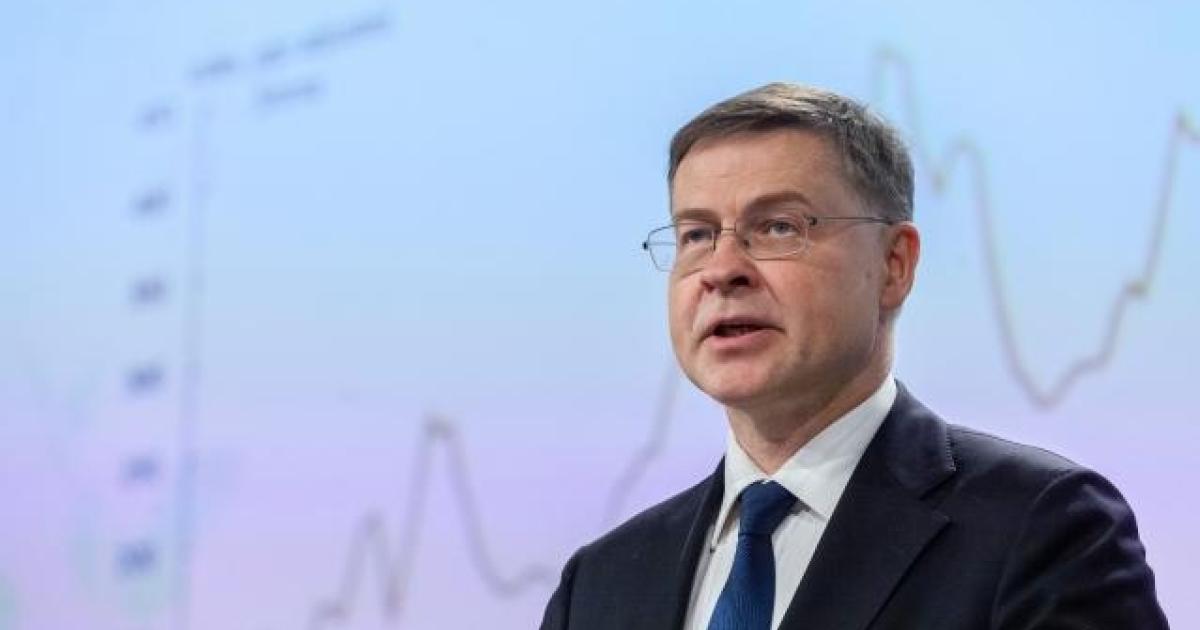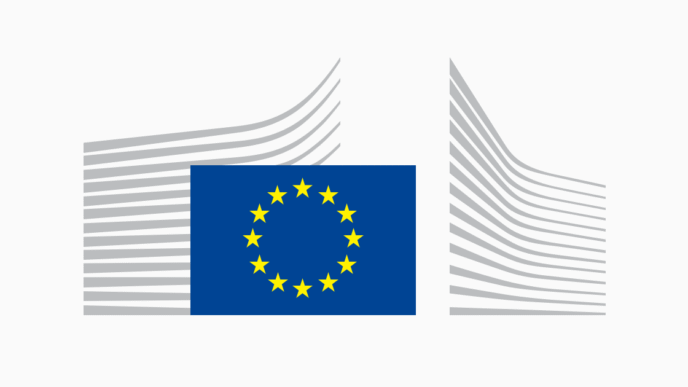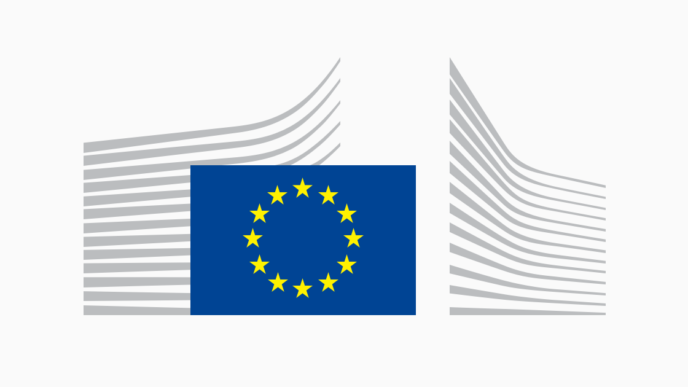The European Commission has published its spring 2025 economic forecast, showing that the EU economy started this year stronger than anticipated. It is projected to keep growing slowly in 2025, with growth expected to pick up in 2026.
Key projections
- real GDP is projected to grow by
- 0.9% in 2025 and 1.4% in 2026 in the euro area
- 1.1% in 2025 and 1.5% in 2026 in the EU
- inflation is expected to decline
- from 2.4% in 2024 to 2.1% in 2025 and 1.7% in 2026 in the euro area
- from a slightly higher level in 2024 to just below 2% in 2026 in the EU
- due to the global trade slowdown, EU exports are expected to grow by only 0.7% this year, but set to accelerate to 2.1% in 2026
- labour market remains robust, with a record creation of 1.7 million new jobs in the EU economy in 2024 and projected to expand by a further 2 million jobs
- unemployment rate is expected to fall to a new historic low of 5.7% in 2026
- nominal wage growth will decelerate in 2025 and 2026; however, workers will continue to benefit from real wage increases. They are also expected to fully recover the purchasing power lost in recent years due to inflation
- EU general government deficit is projected to marginally increase from 3.2% in 2024 to 3.3% in 2025 and to remain at that level in 2026
Elevated uncertainty from global trade tensions and climate-related disasters pose downside risks to growth. However, easing EU-US trade tensions, expanding trade, higher defence spending, and reforms to boost competitiveness could support the growth and resilience of the EU economy.
The next forecast is expected to be presented in November 2025.
For more information












